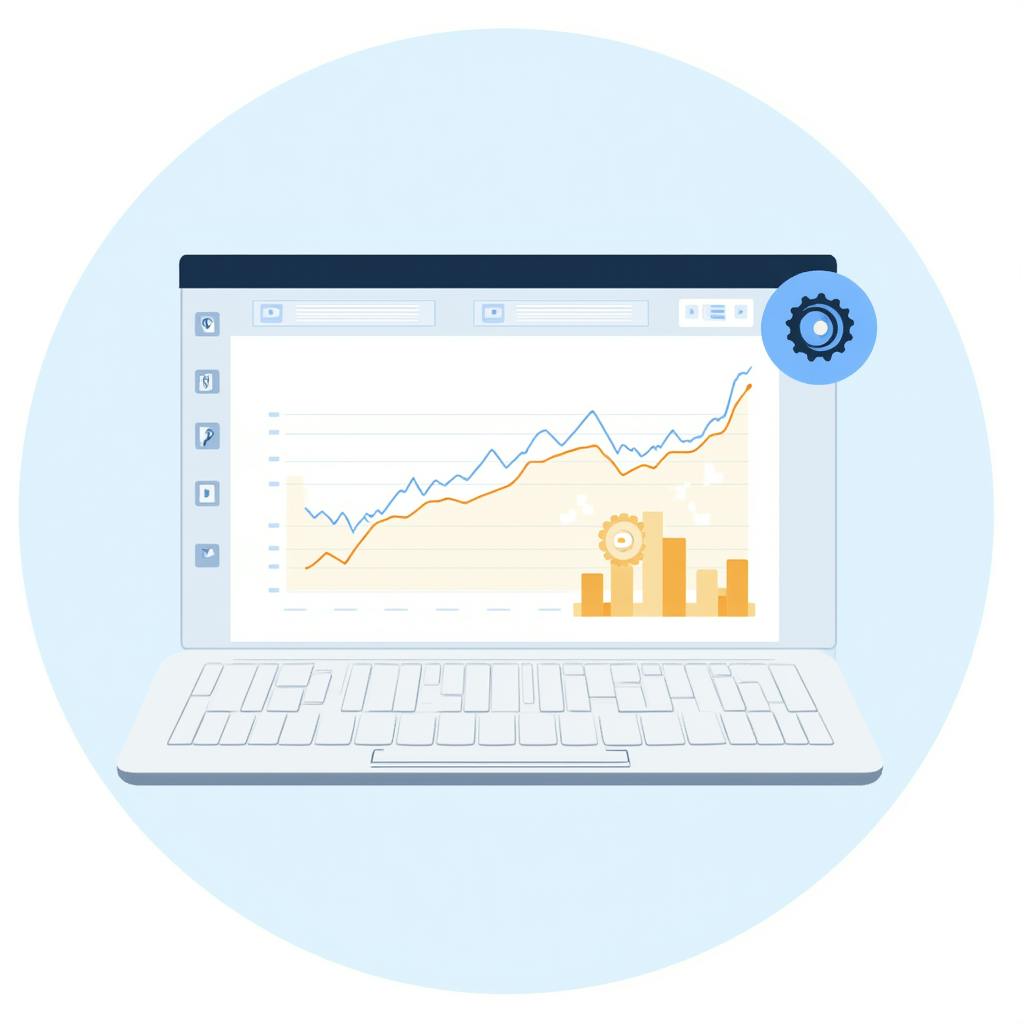In the ever-competitive digital landscape, understanding how to boost website SEO is crucial for anyone looking to improve their search engine ranking and achieve higher visibility on Google. SEO, or search engine optimization, involves adjusting and improving your website to meet ever-changing search engine algorithms, ultimately raising your website's position in search results. In this article, we’ll explore the essential steps, the 'who, what, when, where, why, and how,' to enhance website SEO effectively and efficiently.
Who Needs to Boost Website SEO?
Website SEO is pertinent for anyone from individual bloggers and small business owners to large corporations. If you have a presence on the internet and rely on web traffic for exposure, sales, or engagement, learning how to improve search engine optimization is crucial. SEO services are especially important for marketing professionals like SEO Experts and Digital Marketing Specialists aiming to keep their client’s websites competitive.
What Does Boosting SEO Entail?
Boosting SEO involves a set of strategies that aim to improve a website's ranking on search engine results pages (SERPs). This includes optimizing keywords, improving website speed, enhancing mobile-friendliness, creating high-quality content, and building backlinks. By making these adjustments, the goal is to make your site more appealing to search engine algorithms and more accessible to users.
When Should You Start Improving SEO?
The right time to start improving your SEO is now. SEO is not a one-time effort but rather an ongoing process that needs continuous tweaks and updates. Since search engine algorithms frequently change, staying ahead with a proactive approach to SEO will ensure sustained visibility and ranking.
Where Should You Focus Your SEO Efforts?
SEO efforts should primarily be focused on your website, but can also include off-page elements. On-page SEO factors include content, HTML coding, and site architecture, while off-page SEO focuses on building quality backlinks and engaging with users across different platforms. Both on-page and off-page features are crucial in creating a comprehensive SEO strategy.
Why is Boosting SEO So Important?
Boosting SEO is essential because higher search rankings lead to increased web traffic, better user engagement, improved trust and credibility, and ultimately more conversions or sales. Without strong SEO, even the most visually appealing websites can struggle to attract visitors.

AI made with Dean Jones
How to Raise SEO: Steps to Enhance Your Website’s Optimization
- Keyword Research and Optimization: Conduct thorough keyword research to find relevant terms that your target audience is searching for. Use these keywords appropriately in your URLs, headers, meta descriptions, and throughout your content.
- Create Quality Content: Content is king when it comes to SEO. Regularly update your website with fresh, engaging, and informative content that provides value to your readers and encourages them to stay longer.
- Mobile Optimization: With the increasing use of mobile devices, ensuring your website is responsive and mobile-friendly is key to improving user experience and search engine ranking.
- Improve Website Speed: Faster-loading websites not only have better user engagement but are also favored by search engines. Optimize images and reduce large page elements that can slow down loading times.
- Build Quality Backlinks: Backlinks from reputable sources improve your website's credibility. Focus on building relationships with influencers and other websites in your niche to establish a robust backlink profile.
- Utilize Analytics: Use tools like Google Analytics to monitor your website's performance, track user behavior, and refine your SEO strategies based on data-driven insights.
- Optimize for Voice Search: With the rise of smart devices, optimizing for voice search queries—often longer and more conversational than text searches—is becoming increasingly important.
Boosting Your Website’s SEO: Frequently Asked Questions
If you’re aiming to improve your site’s visibility and draw in more traffic from search engines, mastering SEO is essential. Below are answers to common questions—reorganized for clarity and flow.
What are some simple steps to boost my website's SEO?
Improving SEO starts with keyword research. Use tools like Google Keyword Planner or SEMrush to find the right terms, then naturally place them in titles, meta descriptions, and content. A clean website structure and valuable, engaging content also play key roles. Ensure your site is mobile-friendly and loads quickly, as these factors directly affect rankings. Finally, consistent updates and strategic internal linking strengthen your overall SEO strategy.

AI made with Dean Jones
How can I improve my website’s SEO ranking quickly?
- Update existing content with new information, current keywords, and relevant stats.
- Fix technical issues such as broken links or crawl errors using Google Search Console.
- Leverage social media to drive engagement and traffic to your site.
- Use local SEO tactics by optimizing your Google Business Profile and requesting customer reviews.
Do I need technical knowledge to boost my website’s SEO?
Not necessarily. Many basic SEO tasks can be handled using tools like Yoast SEO or All in One SEO Pack, especially if you're using platforms like WordPress. These plugins walk you through things like meta tags, readability, and schema. However, more complex tasks—like site speed optimization, schema markup, or server fixes—may require help from a web developer or SEO expert.
What actions can hurt my website’s SEO?
- Keyword stuffing: Overloading content with target keywords can lead to search engine penalties.
- Duplicate content: Copying text from other sources (or your own site) harms rankings.
- Poor-quality backlinks: Links from spammy or unrelated sites can damage credibility.
- Slow page speed: Long loading times increase bounce rates and lower rankings.
- Bad UX: Confusing navigation, pop-ups, or poor mobile performance frustrate users and search engines alike.
Conclusion
Improving your website's SEO is an essential part of maintaining an online presence in today's digital market. By following these simple steps—focusing on keyword optimization, content quality, mobile responsiveness, site speed, backlink building, analytics, and voice search optimization—you can significantly boost your website's SEO, improve search engine optimization, and climb higher in Google rankings. Taking action today will set your website on a path towards increased visibility and success.

